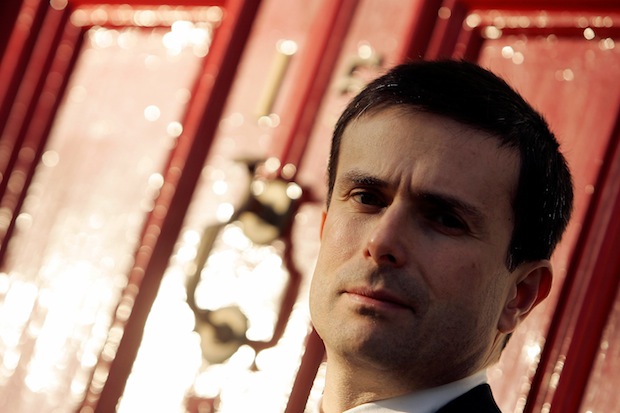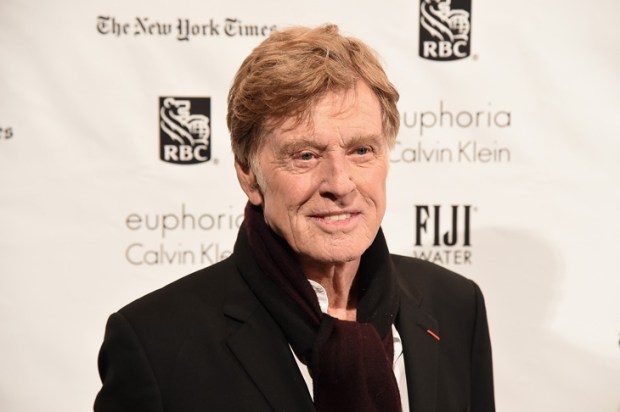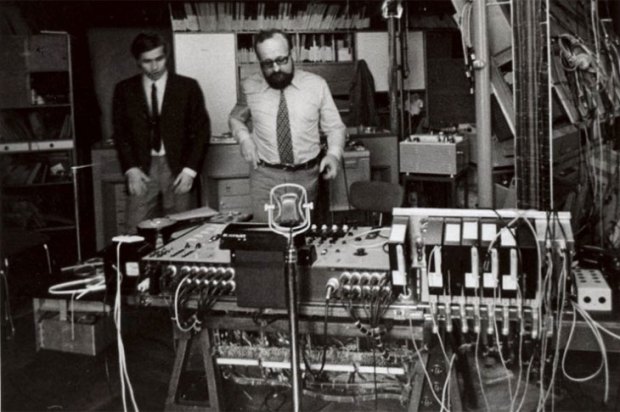As I listened to Robert Peston early last Friday fluffing on about the Revd Paul Flowers and the possible effect of his indiscretions on the future of the Co-operative Bank, I couldn’t help wondering why none of the financial journalists smelt a rat when Flowers took over as chairman of the once-dependable, now-fragile bank. The former Methodist minister, it is now emerging, has made a career out of duping those who employ him. He’s evidently a conman of considerable talent, but even so it’s incredible that none of the BBC’s keen-eyed investigators into the City and matters financial thought it worthwhile to check out Flowers once it was known that the bank was so surprisingly and shockingly in trouble. After all, this was the question that those outside the City were asking: how could such incompetence have occurred? Why did no one in the bank realise that it was walking straight into the current catastrophe? And why did none of the so-called experts comment on its decisions?
Peston, who was talking to Mishal Husain on the Today programme (Radio 4), began so tentatively that his characteristically wayward progress through the English language was even more erratic than usual. ‘Well… um… this is a man who has a history of … um… of financing… um… well, shall I say quite a lavish lifestyle…’ (Flowers, it had just been revealed, had to step down some years ago from an anti-drugs charity because of a mysterious outflow of expense money.) ‘And… um… I also understand… um,’ Peston continued, ‘actually, I learned a few days ago [pause for effect] that he tried to do the same when [pause] he [pause] was [pause] at Co-op Group.’ A big pause here before suggesting, ‘Now, the final piece of the jigsaw that I picked up yesterday [pause] was that it was a dossier of… um… as I say… um… his so-called lavish expenses that in a sense contributed to his resignation.’
It’s Peston’s ‘I picked up yesterday’ which puzzled me. Why has it taken Peston (and others) so long to find this out? After all, the Co-op’s problems have been in the news since midsummer. Is it that the wrong questions were being asked by journalists, fired up by the prospect of the once-ethical organisation now being bailed out by the fashionably pilloried hedge funds? Did this lead them to ignore the most obvious problem with the bank: not the fact of Flowers’s alleged misdoings, but that no one in the bank thought to question Flowers’s suitability for the role he had been given? The Co-op’s troubles are surely not the consequence of one man’s peccadilloes alone?
Buried in Radio 4’s Sunday schedule was one of those short but intriguing features that takes a subject you think you know all about and subverts your expectations. Lights, Camera, Akshun! (produced by the veteran team of Mukti Jain Campion and Suman Bhuchar) took us back to the beginnings of Bollywood in the 1920s, but not, as you might think, to Bombay. As we discovered, the founders of the hugely successful Bombay Talkies film company actually discovered their love of cinema in Britain.
Niranjan Pal was sent to London from Bengal as a young man because he had become too involved in revolutionary politics. His family wanted to ensure he didn’t get into trouble. He began writing plays to make money, but soon gravitated to film after meeting Himansu Rai, an actor and camera technician. Their first venture, The Light of Asia, was filmed in three weeks, mostly in Rajasthan, but although there were snake charmers, jewelled elephants and sumptuous settings in the Maharajah’s palaces, the storyline was not at all typical of what would later follow. Pal’s script instead tells the story of the life of the Buddha, of the young man who renounces the world to discover the cause of human suffering in the world.
Even less likely, the first screening in April 1926 was in a grandiose wood-panelled room, hung with portraits of imperial statesmen and watched by an audience of English dignitaries, including Queen Mary, dressed in lavish silks and dinner suits. Bollywood was born in the Waterloo Chamber of Windsor Castle as the audience enthusiastically applauded the flickering black-and-white silent film that had transported them as if by magic to the wonders of Jaipur. Pal and Rai were soon able to raise the funding for their next project, their first talkie. Karma, a love story, starred Rai and his new wife Devika Rani, and boasts the longest kiss in Indian cinema. But their love talk was all spoken in cut-glass English, not Hindi, and the exotic settings were filmed mostly in Cricklewood, north London.
Once again the film was such a success that Pal and Rai had no reason to leave London. Only war and independence forced them to return to India in the early 1940s and to begin to make films that looked at Indian society rather differently, out of their English experience, through a different lens.
Got something to add? Join the discussion and comment below.
Get 10 issues for just $10
Subscribe to The Spectator Australia today for the next 10 magazine issues, plus full online access, for just $10.
You might disagree with half of it, but you’ll enjoy reading all of it. Try your first month for free, then just $2 a week for the remainder of your first year.














Comments
Don't miss out
Join the conversation with other Spectator Australia readers. Subscribe to leave a comment.
SUBSCRIBEAlready a subscriber? Log in